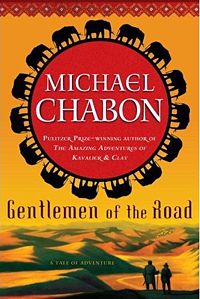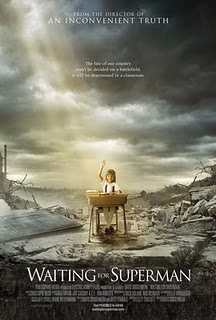In our society we are obsessed with naming and categorizing. In many ways, naming is how we define our world. I'll admit, that having not seen a good friend pregnant that it did not fully hit me that her children were real until they had names. There is something powerful in a name. That's why the genre of "Crossover" strikes me as a little surreal.
Crossover means, mildly, classical music that everyone might enjoy. Think Charlotte Church, Andrea Bocelli, the Three Tenors; all artists that achieved a modicum of mainstream success. Sometimes, as with Henryk Gorecki's Symphony no. 3 ("Sorrowful Songs"), a work that otherwise might have lain dormant, strikes the popular fancy and becomes a best-selling album. More often, however, crossover artists are carefully bred, groomed, and presented.
The reason I find crossover a strange name is that it implies that without the crossing over, without presenting the music in an easily consumed form, most people would not enjoy it. Think of crossover as the Kraft Macaroni and Cheese of music - it tastes like it has real cheese and is a similar color, but is in powdered form and appeals to kids and adults. There nothing inherently wrong with crossover; indeed, some of the artists are truly talented. But it bothers me that so many in music publishing, recording, and marketing believe that classical music is like spinach - something you should eat because it is good for you, but it needs a healthy dose of cheese for most people to eat it.
I fight against this stigma all the time. Music is music, as I tell my students, and good music is good music. I still find it amusing when my students are amazed that I know current pop music and actually enjoy it, that I sometimes listen to jazz and even old-style country music. I've tried to cultivate a wide variety of music and to enjoy it in all its forms and encourage my students to do the same. It's just tough when the very labels we use to describe our music work against this attitude.
So, in the spirit of classical crossover, here's my find of the week. East Village Opera Company takes opera's greatest hits and recasts them as rock anthems. Their premise is that if the composers were alive today, they'd all be writing Rent-like operas using drums and guitars. A shaky premise, but one that produces some interesting musical effects and more than a few chuckles. I wish I could show you their video for Verdi's "La donna e mobile," which is set in a strange netherworld of Orientalist-tropes that have nothing to do with the lyrics, but they won't let you embed it from youtube. So, here's a live performance. My favorite part? The fact that they've combined the pomposity of opera with the pomposity of rock a la Queen. The lead singer positively channels Freddie Mercury at one point:
And is it just me, or does lead singer Tyley Ross look an awful lot like U2's the Edge? Maybe it's just the hat.
Self-doubt in the tech industry
2 years ago




1 comment:
Love this post. Remember when Michael Boulton did his classical album? I got lots of VHS promos from exhibits at MLA and brought them to my students. Some watched it because they liked to watch Michael Boulton (and his frizzy hair) and some used it as an example of bad vocal technique.
The EVOC is a fun diversion. But not good vocal technique. ;)
Post a Comment